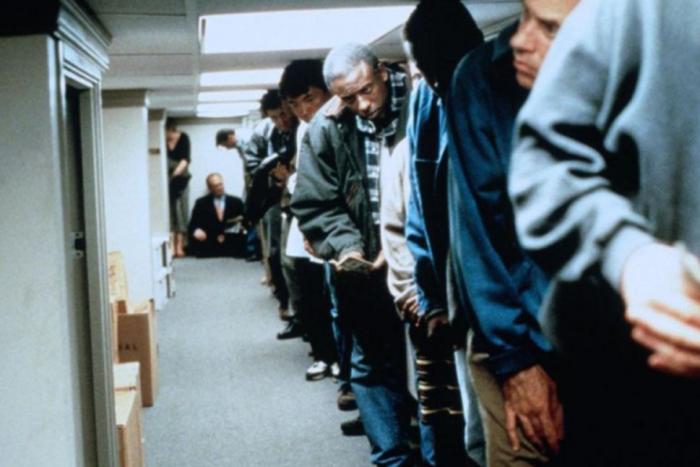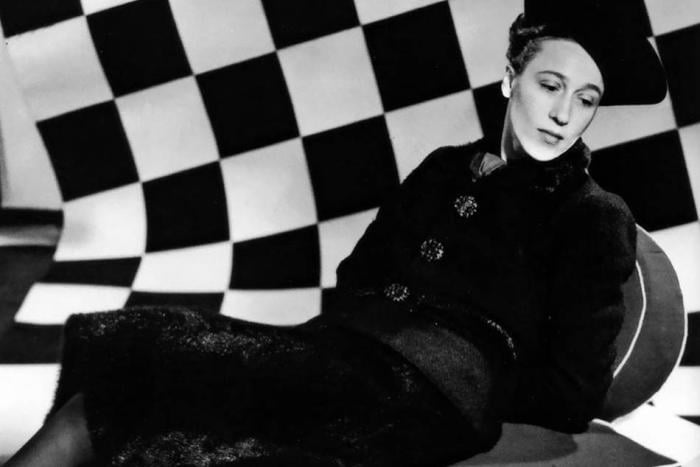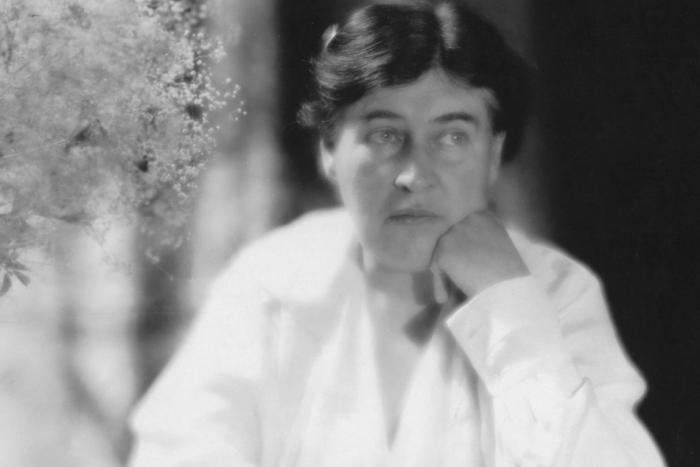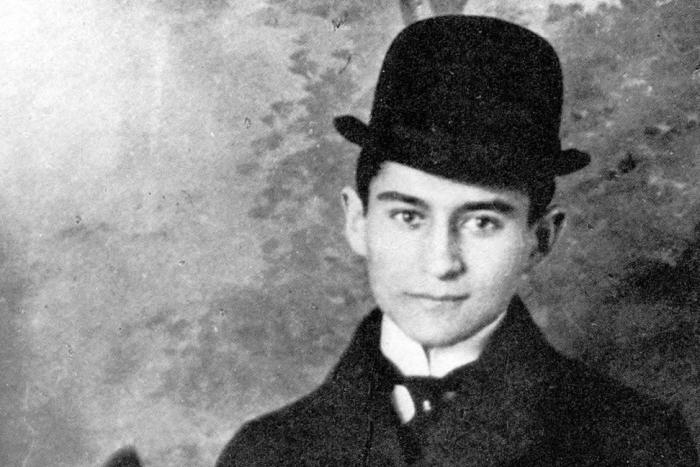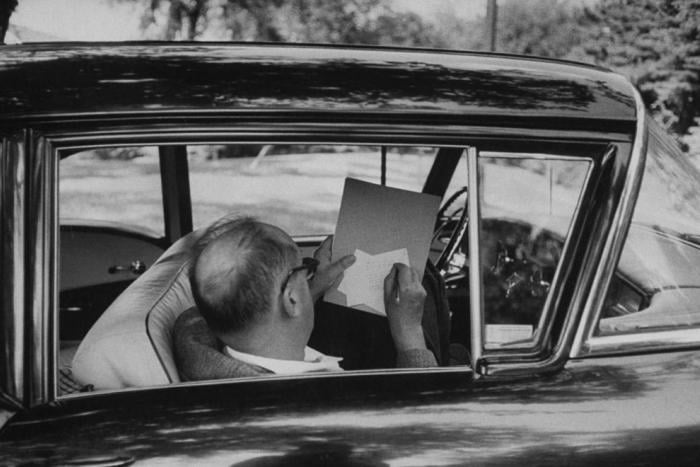Synesthetes are special individuals—just look at Nabokov or Billy Joel—but recent neuroscience shows that the ability to see letters or hear colours is not so removed from the way the rest of us perceive the world.
Tangent
The Latest
When terrible things happen, we like to believe that our suffering has an endpoint. But within the psychiatric profession, a faction—including Stephen Grosz, author of The Examined Life—believe "closure" is a myth, and maybe a harmful one.
Critics have lambasted Sheryl Sandberg’s Lean In for ignoring structural inequalities and putting the onus on women to propel themselves through the workplace. But Lean In is not a feminist text. It’s a self-help book.
Eve Ensler's latest book, In the Body of the World, sees the Vagina Monologues creator struggling to situate herself in her body. It's part of a new wave of memoirs probing the mind/body dichotomy—which persists, despite the fact that we know better.
A reader's favourite subject is himself. As David Shields' Literature Saved My Life makes clear, we visit the worlds of literature to find ourselves.
As Shereen El Feki writes in Sex and the Citadel, sexual mores in the Arab world may be changing with the revolutionary tide. But what does sex have to do with politics?
We are the first generation for whom made-to-measure clothing is exotic. Instead, we drape ourselves in sizes standardized to no one in particular.
Mothers have a long and influential history as a political category in America—and Americans would seem to have a long history of ambivalence toward them.
Willa Cather never wanted her letters published; a new volume defies her outright. Then again, Kafka asked a friend to burn his writing after he died. On the ethics of posthumous publishing.
Landscape untouched by human activity is virtually non-existent, and our attempts to reinvent the natural world tend toward the uncanny and disturbing.
Pagination
- Previous page
- Page 6
- Next page





